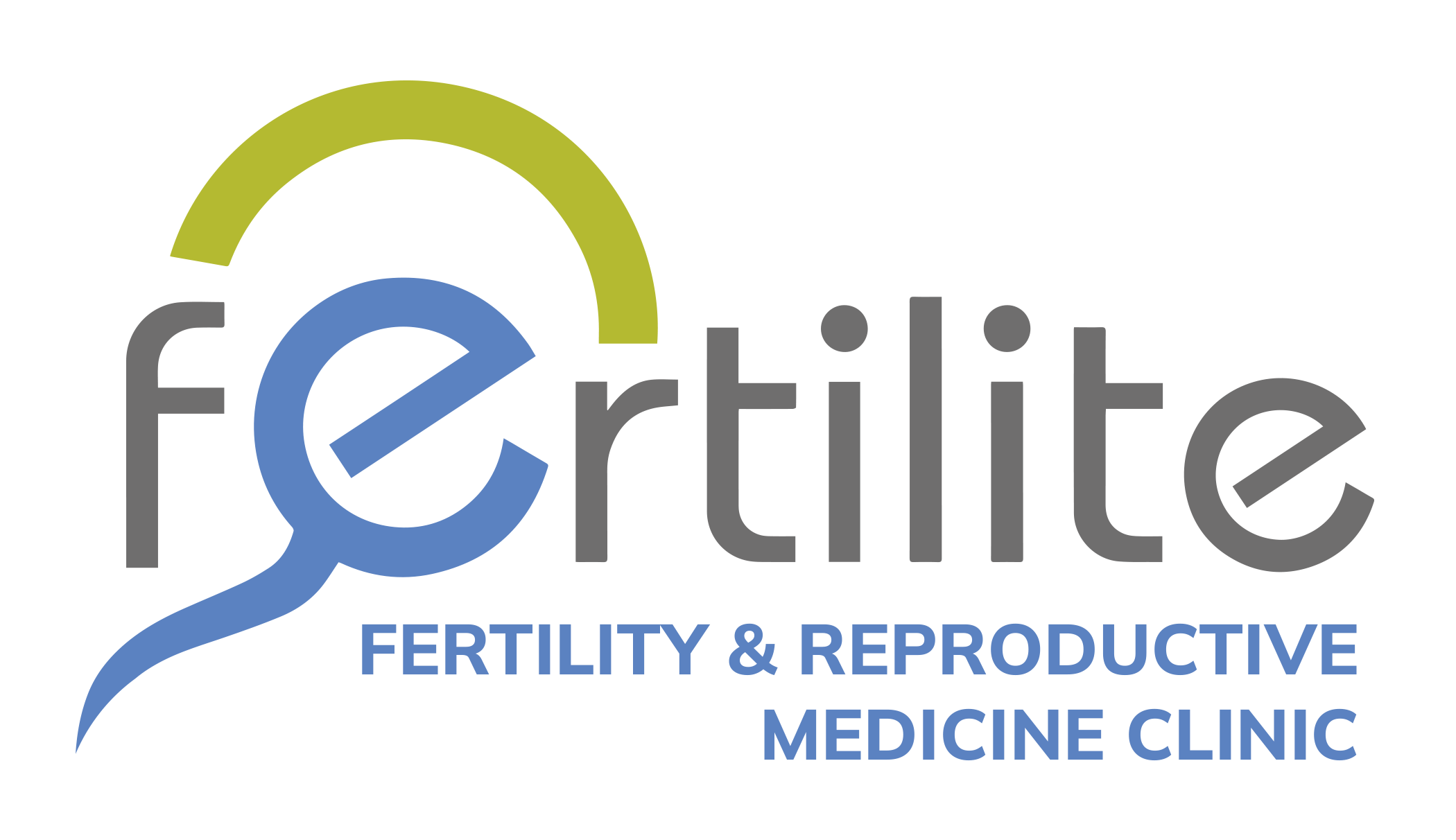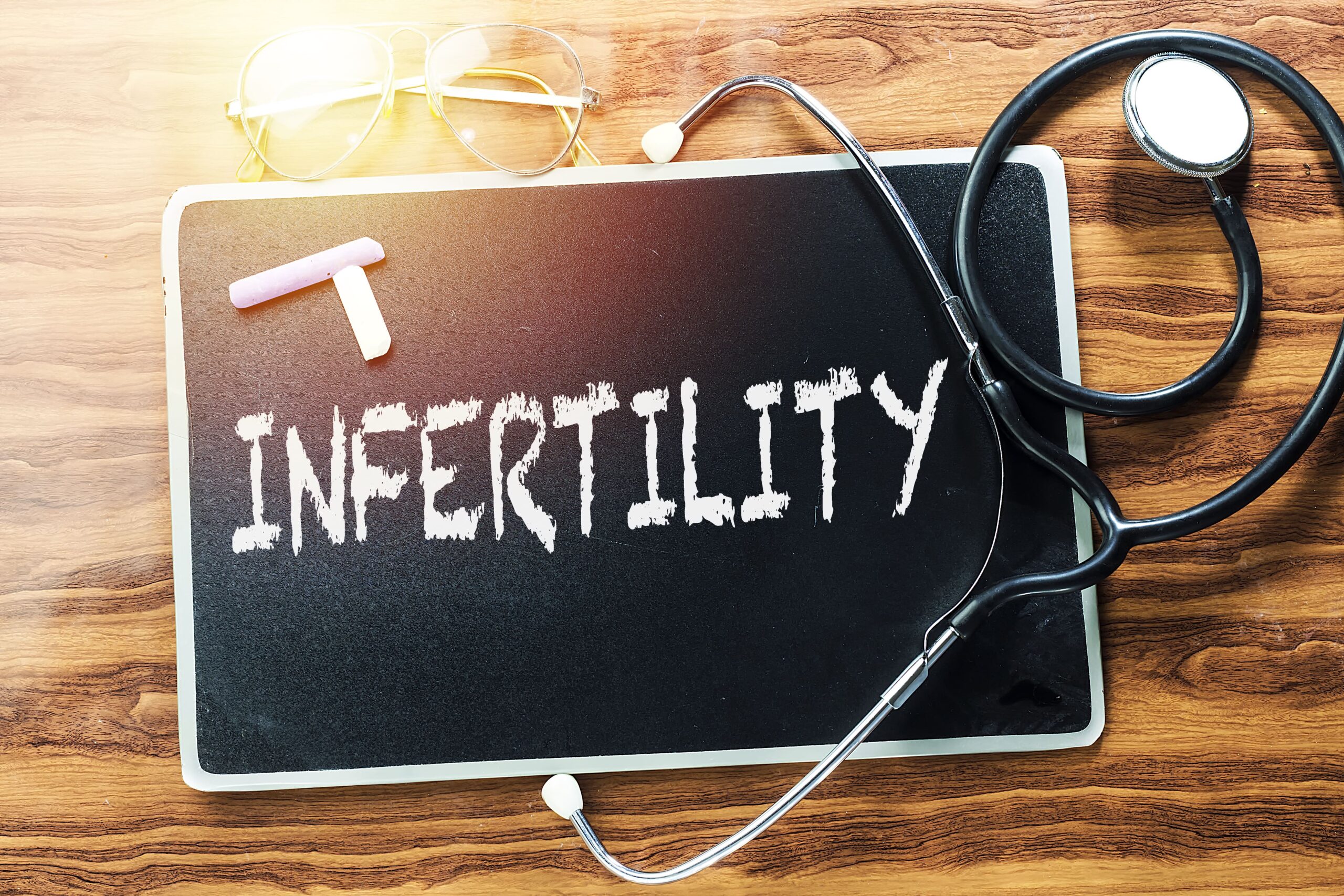Some studies have suggested that surgery to treat endometriosis before attempting IVF can improve the chances of pregnancy.
What types of surgery can be performed before IVF to treat endometriosis?
There are different types of surgery that can be performed to treat endometriosis before IVF. Some of the options include:
- Surgery for endometriosis on the peritoneum: This surgery is performed to remove endometrial tissue growths that are found outside the uterus, in areas such as the ovaries, fallopian tubes, or abdominal lining.
- Surgery for ovarian endometriomas: Endometriomas are fluid-filled cysts that form on the ovaries due to endometriosis. Surgery may be necessary to remove these cysts and improve ovarian health.
- Surgery for deep endometriosis: In some cases, endometriosis can grow deeply into pelvic tissues, which can cause severe symptoms and affect fertility. Surgery may be necessary to remove these growths and alleviate symptoms.
What do studies say about surgery before IVF in women with peritoneal endometriosis?
A study by Hamdan and other researchers suggests that surgery to treat endometriosis before IVF may have benefits. In a group of women with mild to minimal endometriosis who underwent surgery before IVF, higher rates of implantation, pregnancy, and live births were observed compared to those who did not undergo surgery.
What do experts recommend?
Although some studies suggest that surgery before IVF may be beneficial, it is not recommended to perform it routinely to improve live birth rates in women with stages I and II endometriosis.
Surgery before IVF is not recommended routinely to improve live birth rates in women with stages I and II endometriosis according to ASRM guidelines, as the potential benefits are not clear.
The evidence on the benefits of surgery before IVF in women with stages I and II endometriosis is limited and based on a single retrospective study. Although this study suggests that surgery may have a positive effect on IVF outcomes, more data are needed to confirm this benefit and to recommend surgery as standard practice. A strong recommendation was made that laparoscopy should not be routinely performed before IVF with the aim of improving IVF outcomes.
For more information on how endometriosis can impact women from pregnancy to menopause, you can read our article Navigating Endometriosis: From Pregnancy to Menopause or Understanding Endometriosis in Adolescents: A Compassionate Approach to Diagnosis.
Ovarian Endometrioma and IVF
An ovarian endometrioma is a type of cyst that forms on the ovary due to endometriosis, a condition in which tissue similar to the lining of the uterus grows outside of it. This can cause pelvic pain, menstrual irregularities, and fertility problems. IVF is an assisted reproductive treatment in which eggs are extracted from the ovaries, fertilized in the laboratory with sperm, and then transferred to the uterus to attempt pregnancy.
Impact of surgery on IVF outcome
Some studies have suggested that surgery to treat ovarian endometrioma before IVF may not significantly improve pregnancy rates compared to not performing surgery. Surgery may also affect ovarian reserve, which refers to the quantity and quality of eggs in the ovaries. It may reduce the number of eggs available for IVF and require a higher dose of hormones to stimulate the ovaries during treatment.
Considerations before surgery
Before deciding whether surgery should be performed, it is important to discuss the potential benefits and risks with your doctor. Surgery may be an option if the ovarian endometrioma is causing significant pain or if it is believed to affect ovarian response during IVF.
Impact of Ovarian Endometrioma size
The size of the endometrioma may influence ovarian response during ovarian stimulation for IVF. Larger endometriomas have been observed to require a higher dose of hormones to stimulate the ovaries and obtain an adequate number of eggs. Additionally, larger endometriomas have been found to affect ovarian reserve, i.e., the quantity and quality of eggs available for IVF. This may be because larger endometriomas can compromise normal ovarian function and reduce the amount of healthy ovarian tissue available for ovulation.
Non-medical treatments associated with Endometriosis and Infertility
There is no solid evidence supporting the use of non-medical treatments, such as Chinese medicine, to improve pregnancy rates in women with endometriosis. Some studies have explored the use of herbal medications and oral contraceptives after surgery, but have not found significant benefits in terms of increased chances of getting pregnant. For example, one study compared the combination of laparoscopy with oral contraceptives and herbal medications to laparoscopy alone, and found that conceiving immediately after surgery was more effective than postoperative treatment.
A more promising study found that the use of Chinese medicine increased pregnancy rates compared to a placebo. However, it is important to note that Chinese medicine often relies on concepts and practices that may be difficult to directly translate into Western medicine, which may limit its widespread applicability.
On the other hand, a study investigating the effects of vitamin C and E did not find a significant increase in pregnancy rates in women with endometriosis.
Fertility Preservation in Endometriosis Cases
Endometriosis is a chronic condition in which tissue similar to the lining of the uterus grows outside of it, affecting approximately 10% of women of reproductive age. In addition to characteristic symptoms such as severe pelvic pain during menstruation and difficulty conceiving, endometriosis can have a significant impact on women’s fertility.
One of the common treatments for endometriosis is laparoscopic surgery, which can alleviate symptoms and improve fertility by removing endometrial tissue outside the uterus. However, surgery for endometriomas, which are fluid-filled cysts that form on the ovaries due to endometriosis, can have a particularly significant impact on ovarian reserve.
During endometrioma surgery, part of the ovarian tissue may be removed along with the cyst, which can result in a reduction in ovarian reserve and affect ovarian function. This is because ovarian tissue is important for the production of ovarian hormones and egg reserve. Removal of ovarian tissue during endometrioma surgery can lead to a decrease in ovarian reserve and affect ovarian response to hormonal stimulation in fertility treatments such as in vitro fertilization (IVF).
It is important for women considering endometrioma surgery to discuss in detail with their doctors about the possible effects of surgery on their ovarian reserve and fertility. In several cases, it may be advisable to consider fertility preservation through egg cryopreservation before surgery, especially in women who wish to postpone motherhood or have concerns about their ovarian reserve.
A recent study by Smith et al. (2020) evaluated the effectiveness of egg cryopreservation in women with endometriosis undergoing endometrioma surgery. In the study, it was found that the survival rate of eggs after thawing was 91%, the fertilization rate of thawed eggs was 76%, the implantation rate of embryos generated from thawed eggs was 45%, and the pregnancy rate per IVF cycle was 40%. These results suggest that egg cryopreservation is a viable option for preserving fertility in women with endometriosis undergoing endometrioma surgery.
Final recommendations
For those women with endometriosis considering endometrioma surgery, it is recommended to discuss the possibility of preserving fertility through egg cryopreservation before surgery. Studies have shown that egg cryopreservation is an effective option for preserving fertility in women with endometriosis undergoing endometrioma surgery, with encouraging success rates.
Additionally, it is recommended that women with endometriosis who wish to conceive seek the support of a specialized fertility and endometriosis medical team. These professionals can provide a comprehensive and personalized approach to managing endometriosis and fertility, which may increase the chances of successfully conceiving.




